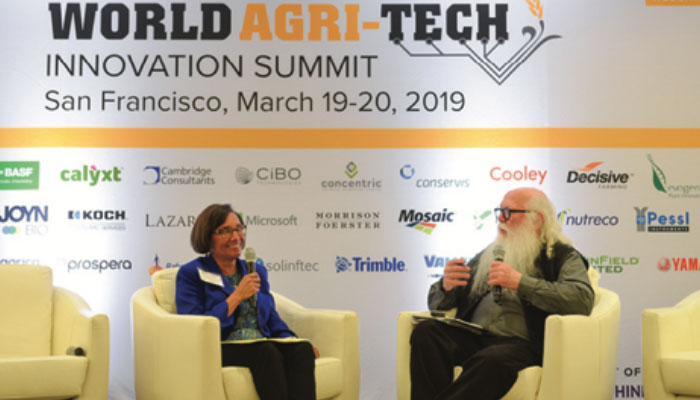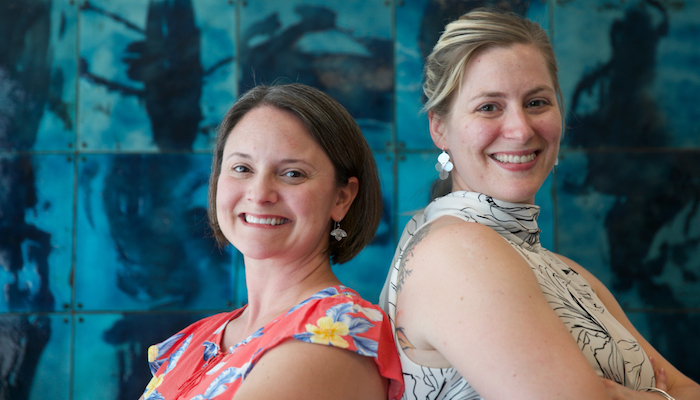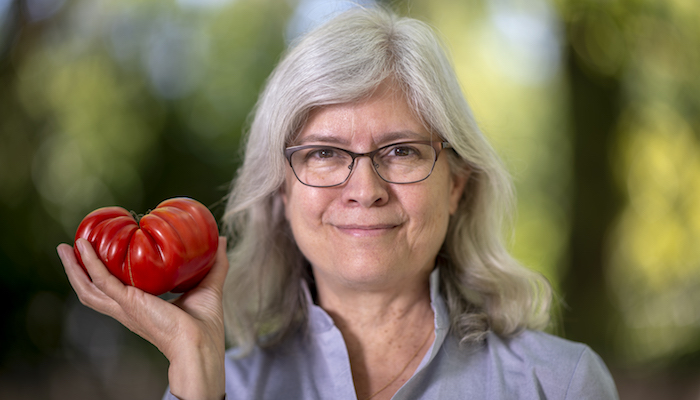Connecting the Future: How a UC Davis Invention Helped Build Broadband Communications

n 1997, when broadband communications and the “World Wide Web” were both in their infancy, two UC Davis professors and a graduate student came up with a better way to route data in fiber optic networks. Their patented invention became a critical component for fiber optic communications around the globe, bringing internet and phone traffic to millions of people. (iStock)
Original post: research.ucdavis.edu/connecting-the-future-how-a-uc-davis-invention-helped-build-broadband-communications-wss
Jonathan Heritage has never seen a manufactured version of the device he co-invented, although he once saw a prototype at Movaz Networks Inc., the first company to license the patent.
“It fit into one slot on an electronics rack, so it was as wide as that.” Heritage, a retired professor of engineering, held his hands about a foot and a half apart. “It was just a box. But inside, there were a whole lot of electronics, which were needed to drive all those mirrors,” said Heritage.
That nondescript box contained what the telecommunications industry refers to as a wavelength selective switch, known as WSS, a sophisticated device that uses tiny mirrors to route signals between fiber optic cables.
“You can find WSS where a lot of fibers come together for information flow, such as switching facilities in big cities,” said Heritage.
When Heritage and his co-inventors at UC Davis first conceived of WSS in the mid- to late-1990s, broadband was mostly just an idea, and the internet, or more specifically the World Wide Web, was in its infancy but growing rapidly.
In 1997, only 18 percent of U.S. households were using the internet, and Amazon, “the leading online retailer of books,” was only three years old. Google wouldn’t be founded until the following year, and AOL’s 10 million subscribers were mostly using dial-up connections through their telephone lines to get internet access.
About that same time, telecommunications companies were beginning to build fiber optic networks that could carry significantly more data than the traditional copper wire used in the phone systems.



